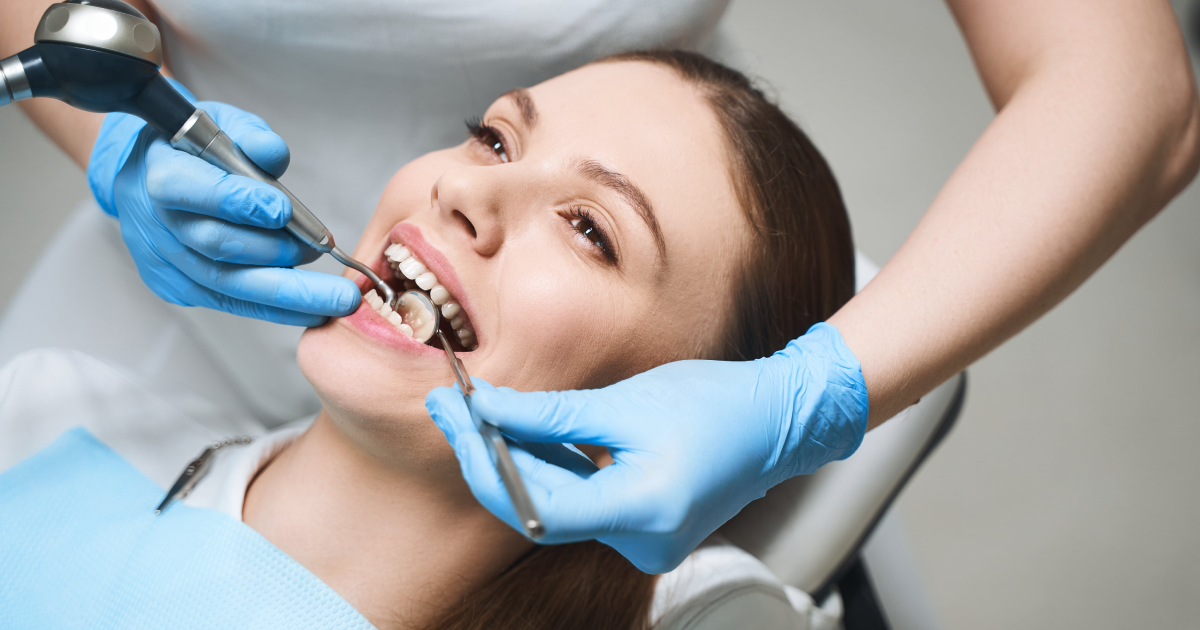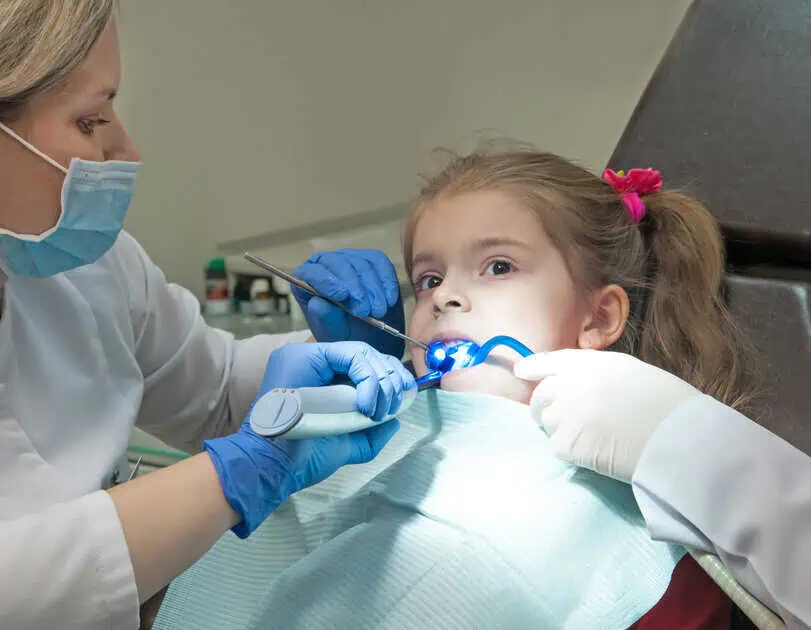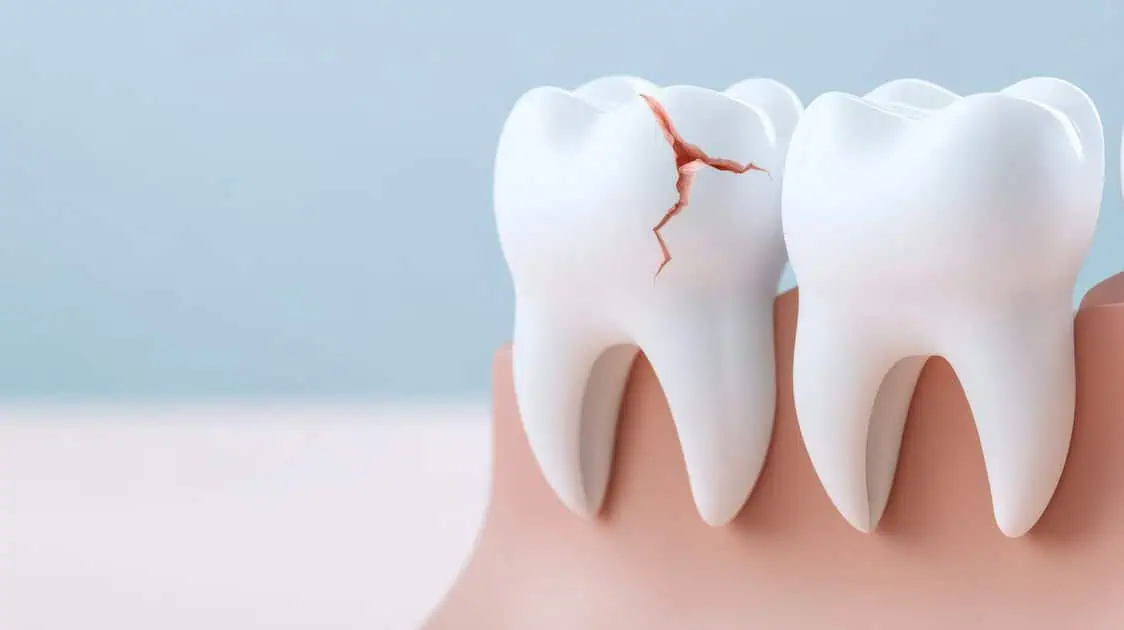Table of Contents
Introduction
Traumatic dental injuries are common among both children and adults, with risks arising from sports accidents, falls, and other unexpected events. Understanding how to manage these injuries and seeking proper treatment is crucial for maintaining long-term oral health. Let’s explore the causes, treatments, and prevention methods for traumatic dental injuries, particularly for those seeking care in South Carolina.
Causes of Traumatic Dental Injuries
Dental injuries often result from sudden, forceful impacts that can damage teeth, gums, and the surrounding oral tissues. Some common causes include:
- Sports Injuries: Contact sports like football, basketball, and hockey are frequent causes of dental trauma. Without the proper protective gear, athletes risk chipped, broken, or knocked-out teeth.
- Falls and Accidents: Slips, trips, and falls at home, work, or while traveling can lead to a sudden blow to the mouth, causing fractures or tooth loss.
- Car Accidents: Traffic collisions frequently result in facial and dental injuries. Even with seat belts and airbags, the impact may cause significant dental trauma.
- Physical Altercations: During fights or physical altercations, individuals may sustain blunt force trauma to the face, which can lead to chipped, fractured, or avulsed (knocked-out) teeth.
- Biting Down on Hard Objects: Biting down on hard objects like ice or nuts can also lead to cracks or fractures in the teeth, especially if they are already weakened by decay or previous dental work.
Traumatic Dental Injuries Treatment in South Carolina
Traumatic dental injuries can vary in severity, from minor chips to serious fractures and tooth displacements. Prompt treatment is essential to preserve the affected tooth and prevent further complications. Here’s an overview of common treatments for traumatic dental injuries:
- Chipped or Fractured Tooth: Minor chips can be easily smoothed or bonded with composite material to restore the tooth’s appearance. For larger fractures that extend into the dentin, a filling or crown may be necessary to protect the tooth. If the fracture affects the pulp, root canal therapy might be required to save the tooth.
- Dislodged (Extruded) Tooth: When a tooth is partially dislodged, the dentist will reposition and secure it with a splint to ensure proper healing. The extent of injury will decide whether further treatments, like root canal therapy, are required. Check-ups will be required to monitor the tooth’s condition and healing process.
- Intruded Tooth: An intruded tooth, pushed into the jawbone, may reposition naturally if the injury is minor. Severe intrusions, however, often require surgical intervention to reposition the tooth. In most cases, root canal therapy will be necessary to prevent complications like infection or pulp damage.
- Knocked-Out (Avulsed) Tooth: In case of a tooth knockout, it must be handled cautiously by the crown, cleaned, and either put back in or kept in milk until a dentist can put it back in. Reimplantation is most successful when done quickly, and the tooth will be secured with a splint. Root canal therapy is generally needed after the tooth is stabilized.
- Root Fractures: Root fractures near the tip are typically less serious and may heal with minimal intervention, though splinting for stability might be required. Fractures closer to the gum line are more complicated and often require root canal therapy or even extraction. Regular monitoring will help determine the best course of action based on how well the fracture is healing.
- Soft Tissue Injuries: In order to prevent infection, cuts or injuries to the tongue, lips, or gums may need to be cleaned up, sutured, and given antibiotics. To make sure there is no harm to the underlying teeth or bone, the dentist will evaluate the injury. Additionally, pain management will be offered to guarantee a smooth recuperation.
- Follow-Up Care: Regular follow-up sessions are crucial to monitoring healing and tooth stability following any traumatic dental injury. X-rays and exams help detect any complications that might arise during recovery. Additional restorative treatments, like crowns or veneers, may be needed once the healing is complete to ensure long-term function and aesthetics.
Prevention of Dental Injuries
Preventing traumatic dental injuries is key to maintaining your oral health and avoiding emergency visits to the dentist. Here are some effective prevention strategies:
- Wear a Mouthguard: Wearing a mouthguard that fits properly is one of the best techniques to prevent dental injury if you play contact sports. Custom mouthguards provided by your dentist offer better protection than store-bought versions.
- Use Seatbelts and Helmets: Always wear a seatbelt when driving or riding in a vehicle, and wear helmets when engaging in high-risk activities like biking, skiing, or skateboarding. These protective measures reduce the risk of severe dental and facial injuries in accidents.
- Avoid Biting Hard Objects: Avoid biting into pens, ice, or hard candies with your teeth or using them to open packages. Your teeth are less likely to chip or crack as a result of this.
- Childproof Your Home: For parents, childproofing the home by removing sharp corners and installing safety gates can reduce the risk of children sustaining falls that could lead to dental injuries.
- Routine Dental Visits: By doing routine dental examinations, your dentist can keep an eye on the condition of your gums and teeth and make sure that any potential weak areas are treated before they become more prone to damage. If you are in South Carolina, many dental clinics provide preventive care that includes screenings and protective treatments like fluoride application.
Emergency Dentist in South Carolina: When to Seek Immediate Care
It’s important to know when a dental injury warrants immediate attention. If you experience any of the following, contact an emergency dentist in South Carolina right away:
- Severe tooth pain or sensitivity following an injury
- A knocked-out tooth (avulsed tooth)
- Significant bleeding from the mouth or gums
- A tooth that has been displaced or loosened
- Fractures in the teeth or jawbone
Postponing treatment might result in longer-term pain, infection, and possibly even tooth loss. Many South Carolina dentists provide 24/7 emergency care, ensuring you have access to help when you need it the most.
Conclusion
Traumatic dental injuries can be distressing, but with the right treatment and preventive measures, the damage can often be repaired or minimized. At Endodontic Specialists by Solomon Dental in Summerville, SC, Dr. McAbee expertly manages traumatic dental injuries for patients of all ages using advanced techniques and equipment, providing emergency care followed by treatments such as root canal therapy, splinting, or dental implants to ensure long-term oral health and recovery.
Experience swift, expert care for traumatic dental injuries with personalized treatments that restore your smile and confidence. Contact us for traumatic dental injuries treatment and get back to your best self.







